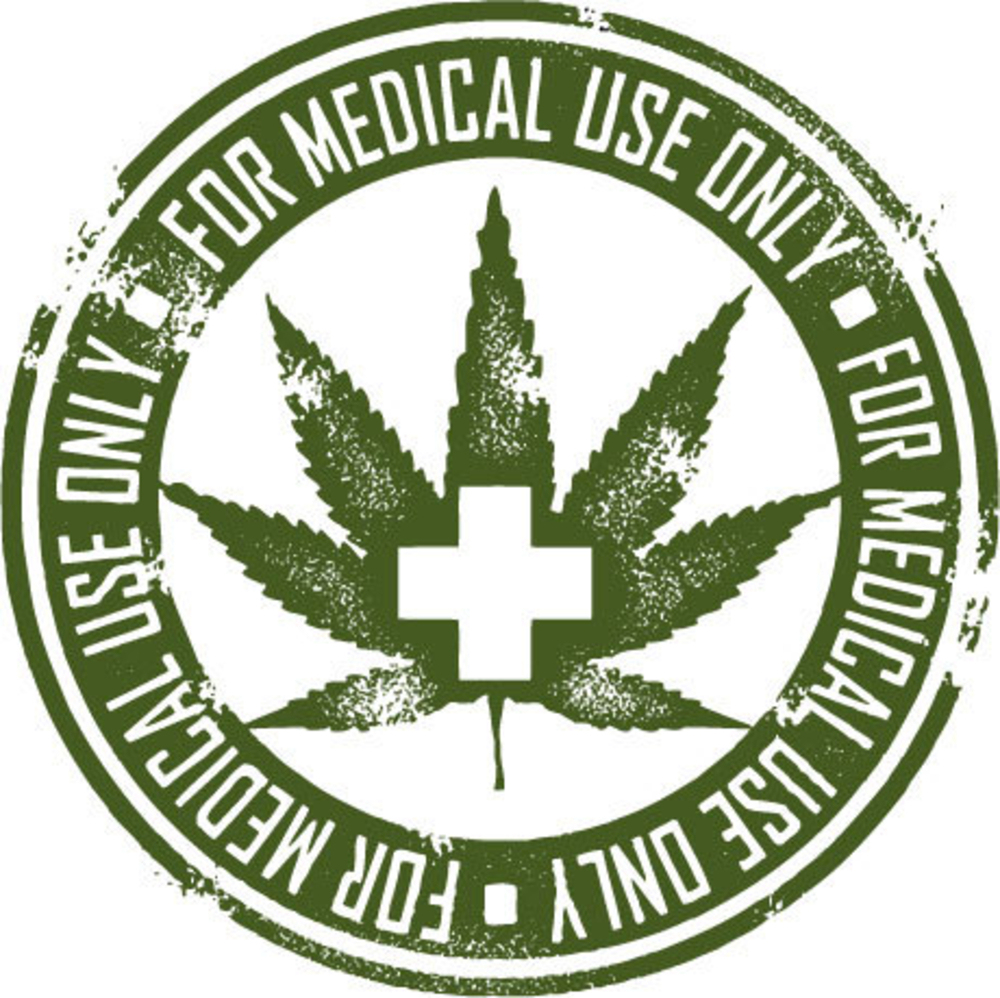 Workers’ compensation pays for medical benefits. In the Defense Base Act world, employers and insurance companies “shall furnish such medical, surgical, and other attendance or treatment, nurse and hospital service, medicine, crutches, and apparatus, for such period as the nature of the injury or the process of recovery may require.” See 33 U.S.C. 907(a).
Workers’ compensation pays for medical benefits. In the Defense Base Act world, employers and insurance companies “shall furnish such medical, surgical, and other attendance or treatment, nurse and hospital service, medicine, crutches, and apparatus, for such period as the nature of the injury or the process of recovery may require.” See 33 U.S.C. 907(a).
But there is a problem with marijuana. It has not yet been decriminalized at the federal level. While it is true that some states allow recreational marijuana use and many states allow the use of medical marijuana, the Defense Base Act is a federal workers’ compensation system. So, does the status of the DBA as a federal workers’ compensation system outweigh the medicinal quality of the substance at issue?
On the one hand, some people argue that medical marijuana should be covered in Defense Base Act claims where the claimant resides in a state where medical marijuana is legal. After all, the Act requires employers and insurance carriers to furnish medicine, and a doctor is in the best position to decide what medicine is best for their patient (the claimant). On the other hand, some people argue that the statute referencing “medicine” is a federal statute that cannot promote abrogation of federal law, like the Controlled Substances Act.
The MORE Act of 2019:
Enter the MORE Act of 2019, short for the “Marijuana Opportunity Reinvestment and Expungement Act of 2019.”
Under the MORE Act of 2019, cannabis is removed from the Controlled Substances Act, the Bureau of Labor Statistics maintains records regarding cannabis businesses and their employees (including the employee’s veteran status), the Small Business Administration provides loans to cannabis-based businesses, certain criminal records are expunged, and the federal government taxes certain cannabis products.
And the MORE Act of 2019 is gaining momentum. It just passed the House Judiciary Committee. It is on its way to the full House of Representatives.
Proponents of the MORE Act of 2019 have cited veterans as a reason for passing the law. According to CBS News, “Doctors at the VA are allowed to discuss marijuana use with patients, but can’t recommend it, even in states where it’s legal.” In other words, a federal employee (the VA doctor) cannot recommend medical marijuana to the recipient of a federal benefit (the veteran).
Medical Treatment and the Defense Base Act:
Back to the DBA. There are a few considerations that support passage of the MORE Act of 2019 to offer more access to medical care to claimants.
First, there is a lot of news about the opioid crisis. Some agencies, like the Division of Federal Employees’ Compensation, are taking affirmative step to limit prescribed opioids to injured federal workers. Some blame overprescribing as a major contributor to the opioid crisis–a belief that others dispute. No matter the cause, the effect is that injured workers are prescribed fewer opioid painkillers now.
Second, chiropractors are mistreated under the DBA. In 1984, the Office of Workers’ Compensation Programs defined the term “physician” for use in Longshore and DBA claims. “Physician” means “doctors of medicine (MD), surgeons, podiatrists, dentists, clinical psychologists, optometrists, chiropractors, and osteopathic practitioners within the scope of their practice. The term includes chiropractors only to the extent that their reimbursable services are limited to treatment consisting of manual manipulation of the spine to correct a subluxation shown by X-ray or clinical findings.” See 20 C.F.R. 702.404 (emphasis added).
Third, many veterans (and many Defense Base Act claimants) return from Iraq and Afghanistan with psychological injuries, including Post Traumatic Stress Disorder. Support is growing for the use of medical marijuana to treat PTSD. Legal access is the best way to promote this alternative therapy–not to mention conduct additional scientific research.
What Can a Claimant Do?
Contact your Congressional representative. If the MORE Act of 2019 is a law you would like to see enacted, let them know. Removing cannabis/marijuana from the Controlled Substances Act is the first step.
Argue for coverage. Section 7 of the Longshore Act might be a federal statute, but there is no language in that statute that expressly prohibits the payment for medical marijuana.
Prepare for additional litigation. The Longshore Act allows a party to modify a prior decision. See 33 U.S.C. 922. That modification provision applies to the DBA. A claimant could petition for modification of a prior award of benefits and ask an administrative law judge to determine the necessity and reasonableness of medical marijuana. This is likely a job for a judge instead of a District Director.
Be patient. Change is coming. More likely than not, medical marijuana is going to be covered under the DBA in the future. Some states already allow workers’ compensation coverage. But, considering that the DBA is a federal statute, that the Controlled Substance Act still lists marijuana as a Schedule I substance, and that the MORE Act of 2019 is not yet law, a federal administrative law judge is likely to deny medical marijuana coverage at the present time. While additional litigation is possible via modification, a claimant should be mindful that success is more likely to occur in the future than now. And even then, success is not tied solely to the passage of the MORE Act of 2019, but instead to an administrative law judge’s findings of fact regarding the reasonableness and necessity of medical marijuana for a work-related injury (be it physical or psychological/PTSD).
